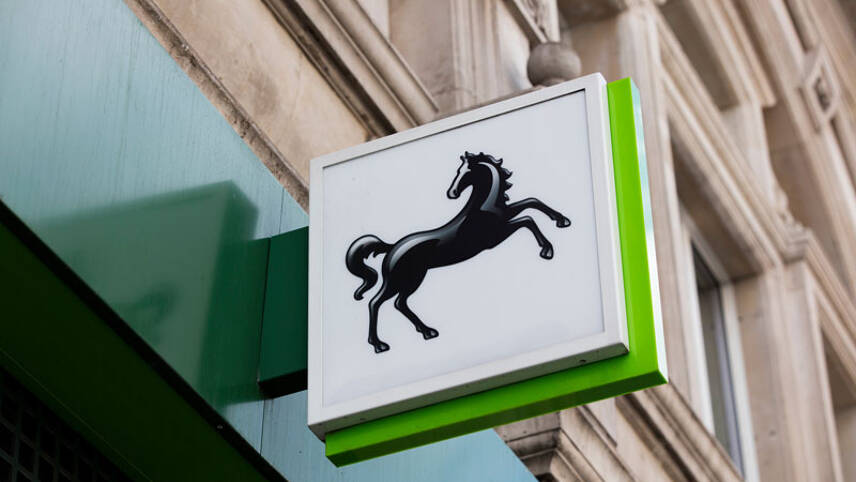Register for free and continue reading
Join our growing army of changemakers and get unlimited access to our premium content

The partnership involves a £250,000 donation from Lloyds Banking Group.
As part of its 2030 commitment to net-zero operations, the firm had been aiming for a 75% reduction in its Scope 1 (direct) carbon emissions by the end of the decade, against a 2018/19 baseline.
Now, it will strive to achieve a 90% reduction within this timeframe.
Lloyds Banking Group said in a statement that delivering this level of carbon reductions is now “considered to be industry best practice in achieving net-zero”. This is likely partly attributable the launch last year of the Science-Based Targets initiative’s (SBTi) Net-Zero Standard. Also last year, a UN-convened body of experts set out their recommendations for credible and ambitious net-zero plans from organisations including businesses.
As is the case for most banks, the bulk of Lloyds Banking Group’s climate footprint sits in financed emissions. The firm has a net-zero financed emissions target for 2050 and is aiming to halve financed emissions from banking by 2030.
Sector-specific emissions reduction targets for this decade, targeted at high-emission sectors, are now being jointly developed by the Group and other members of the Net-Zero Banking Alliance.
In energy, Lloyds Banking Group has already stopped funding thermal coal and new oil and gas fields.
Waste and water
Lloyds Banking Group has also updated its water and waste targets.
On waste, it has pledged to achieve the Zero Waste International Alliance’s definition of a zero-waste business by 2030. This entails diverting at least 90% of operational waste and used technology from landfill and incineration.
On water, Lloyds Banking Group is targeting water-neutral operations. It will focus on improving the water efficiency of its buildings through a mix of simple interventions and innovative water reduction and reuse technologies.
The business’s residual water consumption will then be offset through support for local projects intended to conserve and restore watersheds.
“As we launch these new pledges, we are aware that the journey ahead will be challenging but immensely rewarding and our initial focus is laying the groundwork for their successful implementation,” said Lloyds Banking Group’s future ways of working director David Blott.
Related article: Moving forward after World Water Week 2023
Editor’s Note: Lloyds Bank is the official partner of edie’s monthly Sustainability Uncovered podcast. You can stream the most recent episode here.


Please login or Register to leave a comment.